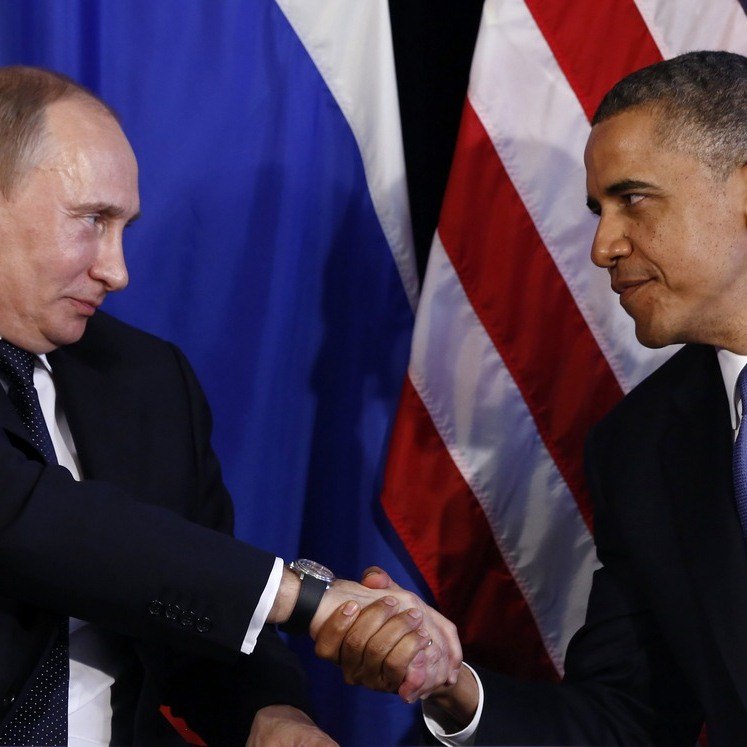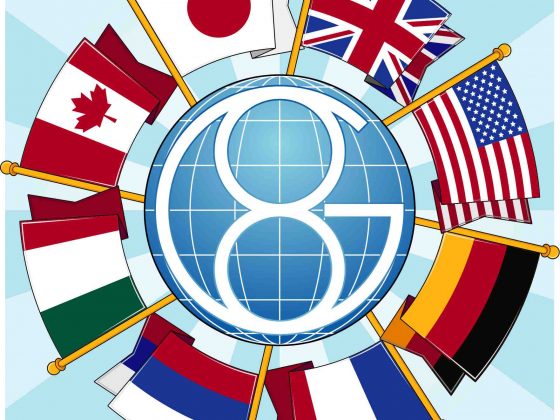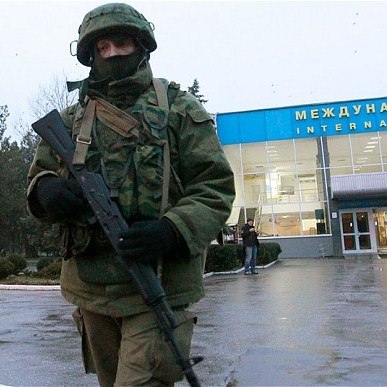The two telephone conversations between United States President Barack Obama and Russian President Vladimir Putin on March 2 and February 22 marked a dramatic deterioration of relations caused by the near-complete collapse of common ground in managing the crisis in Ukraine. The first discussion about the implementation of the crisis-defusing compromise reached in Kyiv turned out to be devoid of practical sense because President Viktor Yanukovych had to flee from rebellious Kyiv and go into hiding in Russia. Putin was obviously irked by such an outcome to the confrontation he had triggered when he forced Yanukovych to cancel the pre-scheduled signing of an association agreement with the European Union last November. And the Russian president’s irritation informed his decision to discontinue further financial aid to Ukraine and to launch large-scale military exercises near the country’s border (Nezavisimaya Gazeta, February 28).
This sort of reaction was more or less expected, but the West was completely unprepared for Russia’s even more provocative move of sending dozens of Spetsnaz (special forces) troops to take control of administrative building and the airport in Simferopol, the capital of the resolutely anti-Maidan Crimea (http://ej.ru/?a=note&id=24560). On Friday (February 28), Putin had a series of telephone conversations denying any wrongdoing to German Chancellor Angela Merkel, British Prime Minister David Cameron and President of the European Council Herman Van Rompuy (http://president.kremlin.ru/news/20350). Obama, however, had more than enough information about troop movements to see through those denials and so opted to deliver a stern warning about the “costs for any military intervention in Ukraine,” though stopping short of establishing the fact of a Russian projection of military power (http://ria.ru/world/20140301/997625391.html).
He probably wanted to leave Putin an opportunity to step back, but the enterprise of intervention was not to be stopped. Before the presidential motion for using military force in Ukraine was approved by the enthusiastic Federation Council, Russian troops had taken control over the central part of Simferopol (http://newsru.com/world/01mar2014/simferopol.html). The newly and dubiously appointed Crimean prime minister, Sergei Aksenov, made a formal appeal for Russian help even if nobody in Kyiv was contemplating any forceful measures for restoring control over the mutinous autonomy. The international and economic consequences of this exercise in dismembering a major European state are so predictably bad for Russia that the question about Putin’s motivations loom large. […]
See the full post © Eurasia Daily Monitor-The Jamestown Foundation











